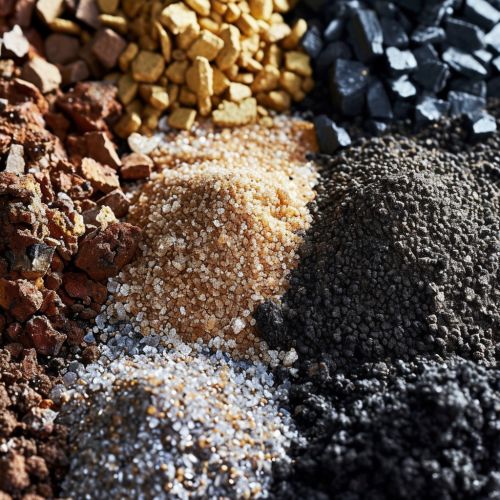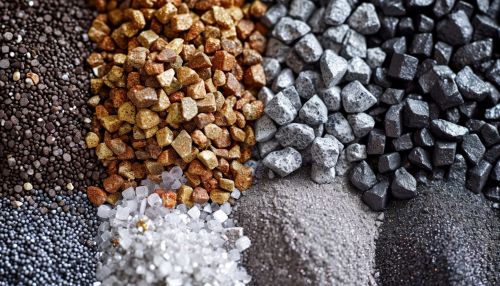Granular Materials
Introduction
Granular materials are a unique class of materials characterized by their large-scale, discrete nature. Unlike other forms of matter such as solids, liquids, and gases, granular materials are composed of macroscopic particles. These particles can range in size from a few micrometers, like fine sand, to several meters, like boulders. The behavior of granular materials can be quite complex, exhibiting properties of both solids and fluids depending on the conditions. This article will delve into the intricacies of granular materials, exploring their properties, behavior, and applications in various fields.
Properties of Granular Materials
Granular materials possess some unique properties that set them apart from other forms of matter. These properties are largely due to the fact that granular materials are composed of discrete particles.
Particle Size and Shape
The size and shape of the particles in a granular material can greatly influence its properties. For example, particle size distribution is a key factor in determining how a granular material will behave under different conditions. Similarly, the shape of the particles can also have a significant impact on the material's behavior. For instance, spherical particles tend to flow more easily than irregularly shaped particles.


Density and Porosity
The density of a granular material refers to the mass of the particles per unit volume. This can vary greatly depending on the type of particles and their arrangement. Porosity, on the other hand, refers to the fraction of the volume of a granular material that is not occupied by the particles. This is an important property as it influences the material's ability to transmit fluids.
Friction and Cohesion
Friction and cohesion are two other important properties of granular materials. Friction refers to the resistance to motion that occurs when the particles in a granular material come into contact with each other. Cohesion, on the other hand, refers to the tendency of the particles to stick together. Both of these properties can greatly influence the behavior of granular materials.
Behavior of Granular Materials
The behavior of granular materials is complex and can vary greatly depending on the conditions. Under certain conditions, granular materials can behave like solids, while under others, they can behave like fluids.
Solid-like Behavior
When a granular material is under compression, it can behave like a solid. This is because the particles are pushed together, causing them to form a rigid structure. This is often seen in granular materials such as sand when it is packed tightly together.
Fluid-like Behavior
Under certain conditions, granular materials can exhibit fluid-like behavior. This is often seen when the particles are able to move freely, such as when they are being poured or when they are agitated. In these situations, the granular material can flow much like a liquid.
Jamming and Unjamming
One of the most interesting aspects of granular materials is their ability to transition between solid-like and fluid-like states. This phenomenon, known as jamming and unjamming, can occur due to changes in the density, shear stress, or temperature of the material.
Applications of Granular Materials
Due to their unique properties and behavior, granular materials have a wide range of applications in various fields.
Civil Engineering
In civil engineering, granular materials such as sand, gravel, and crushed stone are commonly used in the construction of roads, bridges, and buildings. They are also used in the construction of embankments and retaining walls.
Pharmaceutical Industry
In the pharmaceutical industry, granular materials are often used in the production of tablets and capsules. The granulation process helps to improve the flowability and compressibility of the powder, making it easier to form into a tablet or capsule.
Food Industry
In the food industry, granular materials such as sugar, salt, and flour are commonly used. They are also used in the production of various food products such as cereals, snacks, and confectionery.
Conclusion
Granular materials are a fascinating class of materials that exhibit a range of unique properties and behaviors. Their ability to transition between solid-like and fluid-like states, coupled with their wide range of applications, make them a subject of great interest in various fields of study.
